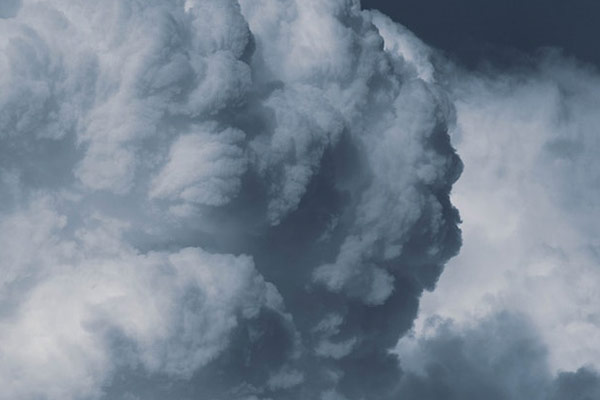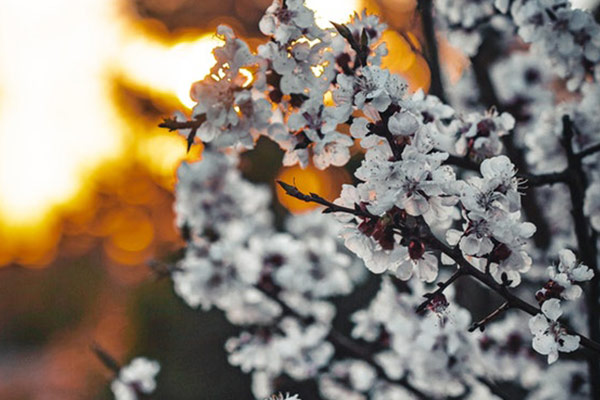Bodhicitta gives us the chance of ever going on the path of liberation. It is in essence the ultimate, true refuge. No matter who and what we are, everyone should have a refuge. What then should we take as our refuge? We all know that taking refuge in money, fame, or status is unreliable. How about our relatives, friends, or co-workers? Relatives and good friends can help us with some problems of this life, but they are completely powerless when it comes to solving the question of life and death. There is an analogy in the scriptures, “Two people, not knowing how to swim, are drowning at the same time. Neither one can save the other.” Likewise, relatives and friends, being ordinary people like us, are themselves entangled in the endless cycle of death and rebirth. How can they help us when they are helpless themselves? Hence, they are not reliable refuge either. What about taking refuge in some social organizations? Also no. The fact is, on the issue of breaking the cycle of death and rebirth and gaining liberation thence, no one can help us. The only refuge worthy of trust is the path to enlightenment, especially its key element, bodhicitta .
~ Depicted from THE RIGHT VIEW - The Three Supreme Methods—the ultimate methods of cultivating virtue and training the mind











